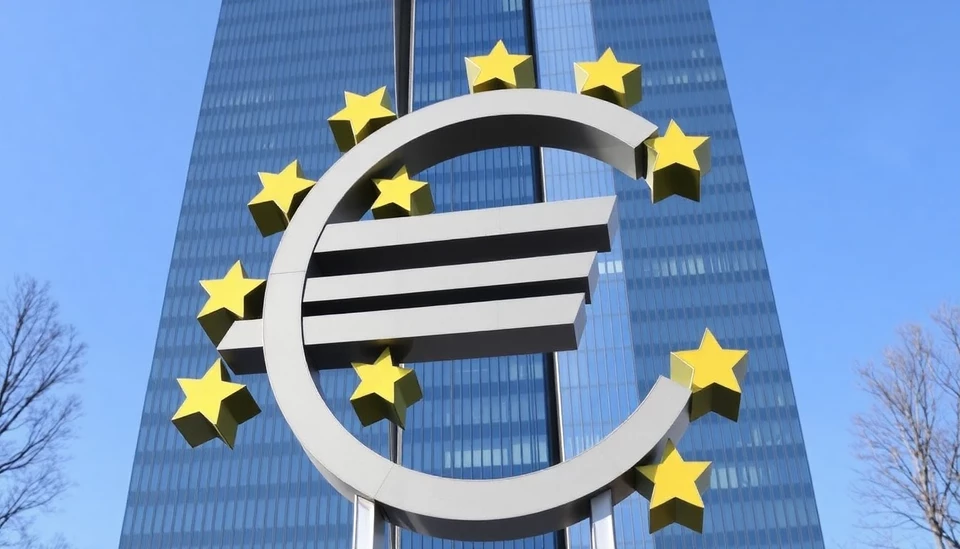
Germany Sparks Recovery as Euro Zone's Private Sector Gains Momentum
In a promising turn for the Euro Zone, recent data indicates a notable upswing in the private sector, largely driven by robust performance in Germany. This resurgence comes amidst ongoing global economic challenges, showcasing resilience and potential for recovery within the region.
Continue reading
Germany's Private Sector Experiences Record Growth, Signaling Economic Resilience
In a promising turn for Germany's economy, recent reports indicate that the nation's private sector has expanded at its fastest pace in ten months. This significant growth has sparked optimism among economists and investors alike as it hints at a recovery from previous economic challenges. Various economic indicators are showcasing a strengthening in manufacturing and services, key components of the economy that are essential for long-term stability.
Continue reading
Germany's Private Sector Shows Signs of Improvement as Elections Draw Near
In a promising turn of events, data released recently indicates a notable uptick in Germany's private sector activity, raising hopes for a stronger economic environment ahead of the upcoming elections. This development comes at a critical time, as policymakers and businesses alike are keenly observing the economic landscape's evolution in the run-up to the polls.
Continue reading
German Industrial Production Sees Significant Decline, Driven by Automotive Sector Struggles
In a concerning development for Europe’s largest economy, German industrial production has reported its most significant drop in five months, primarily attributed to challenges within the automotive sector. According to data released recently, industrial output decreased by 3.3% in December compared to the previous month, marking a pronounced downturn that raises alarms about economic stability in the region.
Continue reading
Germany's Economy Faces Rising Distress Levels Amidst European Recovery
In a concerning forecast for Germany's economy, experts predict an uptick in distress levels despite promising signs of recovery within the broader European context. A combination of domestic challenges and global economic pressures are set to strain the nation’s financial landscape in the coming months.
Continue reading
Germany's Economy Faces Contraction as Snap Election Looms
As Germany gears up for a snap election, the nation’s economy is anticipated to take a downturn, signaling potential challenges for the incoming leadership. This unexpected shift comes amid ongoing global uncertainties and domestic economic pressures that have raised concerns among economists and political analysts alike.
Continue reading
Germany's Economic Struggles: Unraveling the Factors Behind the Decline
The German economy, once a beacon of stability and strength in Europe, is encountering significant challenges that have raised concerns both domestically and internationally. With a series of economic indicators pointing toward a slowdown, analysts are increasingly interrogating the underlying factors contributing to this downturn, particularly the role of China.
Continue reading
Record Wage Increases in Germany Spark Economic Optimism
Recent data released in Germany reveals that wage growth has surged to its highest level in a decade, bringing a wave of optimism about the country's economic outlook. As the labor market tightens and inflationary pressures persist, the rise in wages could catalyze consumer spending and invigorate economic activity.
Continue reading
Unexpected Dip: German Industrial Production Sees a Decline in October
In a surprising turn of events, Germany's industrial production experienced an unexpected downturn in October, marking a notable shift from its prior growth trajectory. This deviation has sparked concerns among economists and industry leaders, who were anticipating a continued recovery in one of Europe's largest economies.
Continue reading
German Private Sector Faces Increased Contraction, Services Sector at the Heart of the Decline
The German private sector has experienced a troubling downturn, as recent data indicates a deepening contraction fueled predominantly by sluggish performance in the services industry. This significant decline, ongoing for 22 consecutive months, is raising concerns about the overall economic stability in Europe’s largest economy as businesses grapple with inflation, higher interest rates, and an uncertain global market.
Continue reading